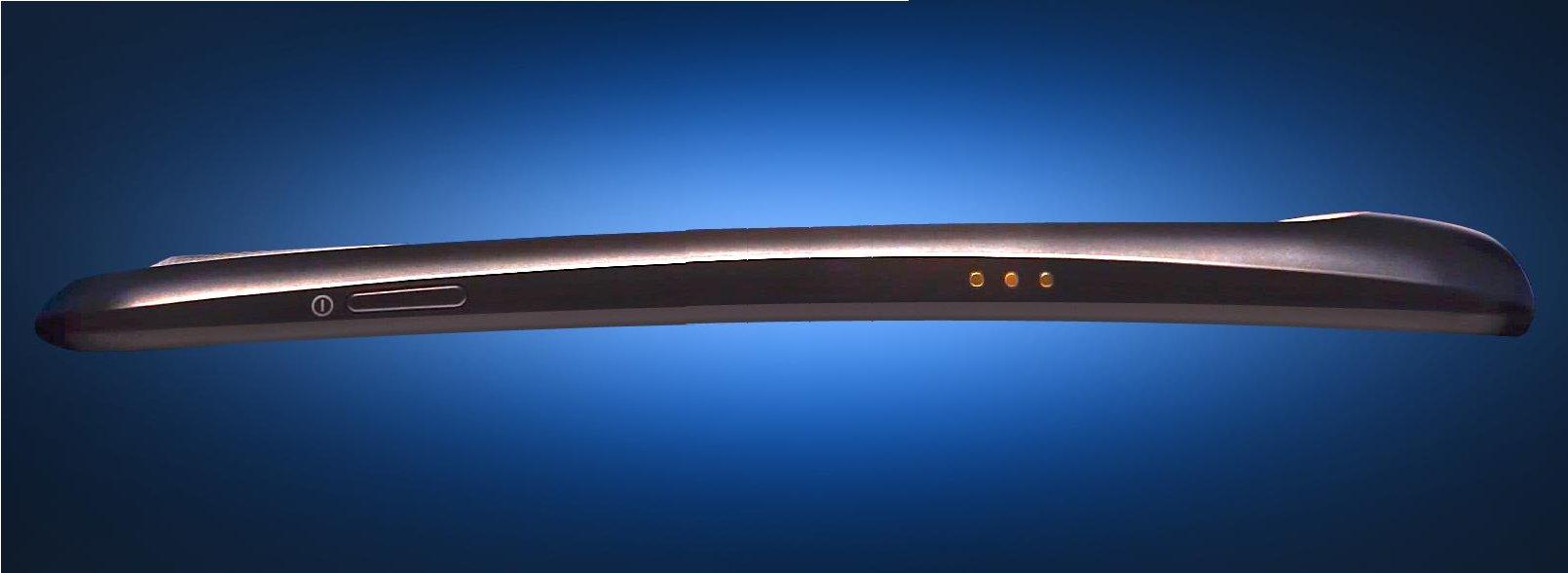
A lot has drastically changed within the Android camp over the past year. Even if we set aside all the improvements we've seen in display, processor and wireless technologies, phones aren't quite the same as they used to be. They're larger, more solid (well, most of them are) and more refined than ever before. And the makers of these phones have evolved as well.
Last year at this time, almost every Samsung customer in the United States was up in arms over the Froyo debacle. Samsung made several hollow promises of Froyo updates for their Galaxy S line, made mediocre hardware and seemed to care nothing about customer satisfaction. Motorola was the maker of some of the highlight devices of 2010, like the DROID X. But with all of their flagship devices primarily on Verizon's shelves, their success was quite limited. And in 2010 alone, HTC brought us some of the most iconic Android devices ever: the Nexus One, HTC EVO 4G, Incredible, Desire, etc.
If you were to ask who the king of Android was last year, HTC would take the crown in a landslide victory.
Fast forward to October 2011 and much of the same is going on. Android partner manufacturers are still doing what they do best, creating some of the best hardware and devices in the world. The DROID Bionic and Amaze 4G are perfect examples; they are some of the most heavily spec'd and well-designed phones to date.
But Samsung has severely stepped up their game; they aren't pulling any punches this year. Their flagship Galaxy S II was named the Phone of the Year at the T3 Gadget Awards, beating phones like the Atrix, Sensation and iPhone 4 (shocker!) for the title. It has been been one of the most popular selling handsets overseas since UK shelves in April, and has been met with open arms in the US, too. In fact, it has repeatedly outsold the "iPhone 4 to become the UK’s most popular handset three months in a row," says Thomas Tamblyn of T3. Tamblyn goes on to list some of the specs of the Galaxy S II (that we've all heard a million times) and to praise the remarkably large, thin and lightweight body of the phone, claiming Samsung has "paired performance with style".

So is this it? Has Samsung stolen the crown from HTC to call it their own?
It's pretty hard to deny. Despite equipping their phones with excessive, cheap plastics, Samsung has managed to create some of the most impressive handsets around. Not to mention, they manufacture many of their own components, which has only proven to work in their favor – the Super AMOLED Plus display is arguably one of the top mobile displays around and the dual-core Exynos processor is extremely snappy. Samsung has also revamped their TouchWiz interface into one of the smoothest, most visually pleasing Android experiences yet. On top of tall of that, they have shown their support for third-party development and taken Steve Kondik, the father of CyanogenMod, under their wing.
Samsung's rise to the top has only just begun. Their Nexus device (whatever it will eventually be named) is easily the most-hyped phone at the moment, touting some super specifications and what appears to be HTC-like gunmetal body (as shown in the teaser picture above). This will be the second Nexus device in the bag for Samsung, and if they knock another out of the park, Google might come back for thirds.
It's worth noting that the Motorola acquisition from Google could play a major part on Samsung's future interest and success with Android. It isn't likely that anything will dramatically change, but Google did admit they want to buy Motorola for hardware, too. And that could have a lasting effect on their partner relationships, especially when it comes to future Nexus devices.
What say you, ladies and gents? Has Samsung stolen the crown to become the king of Android? Or does HTC still rightfully own that title? Do you think it belongs to someone else? Vote in our poll below and sound off in the comments!